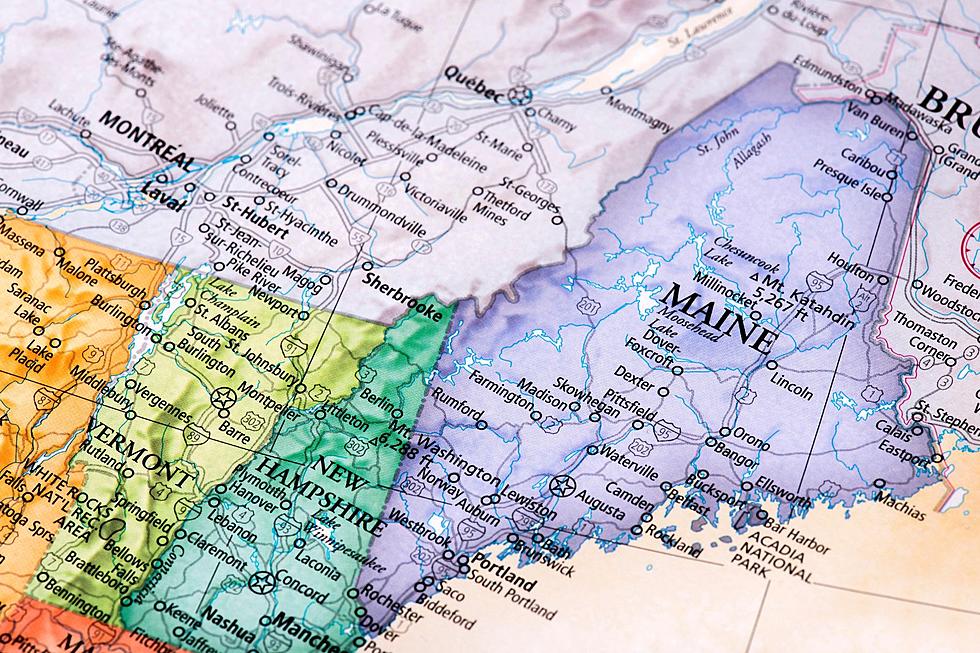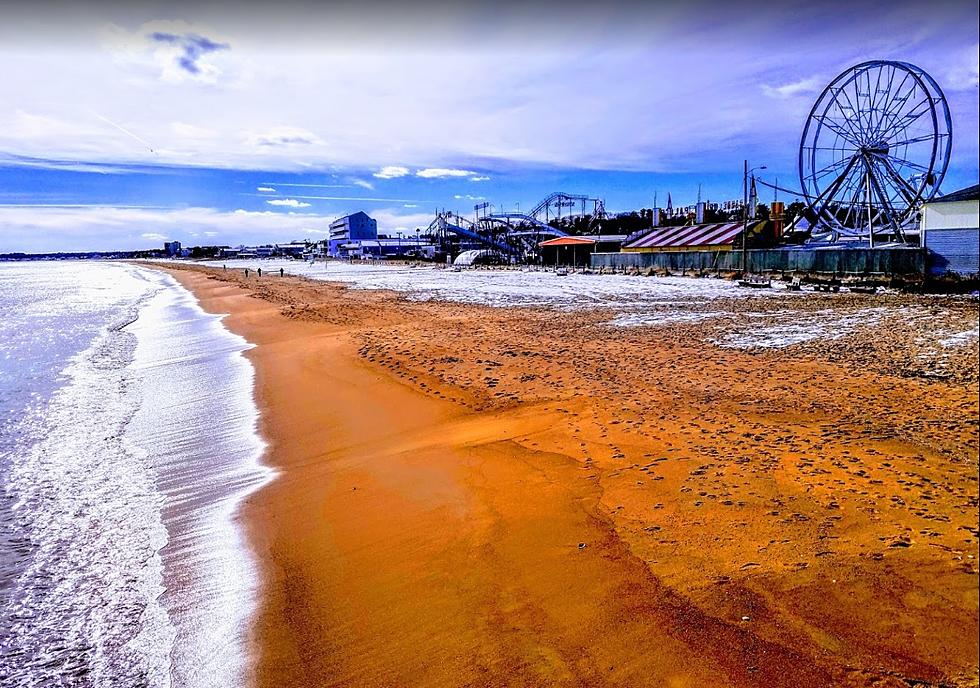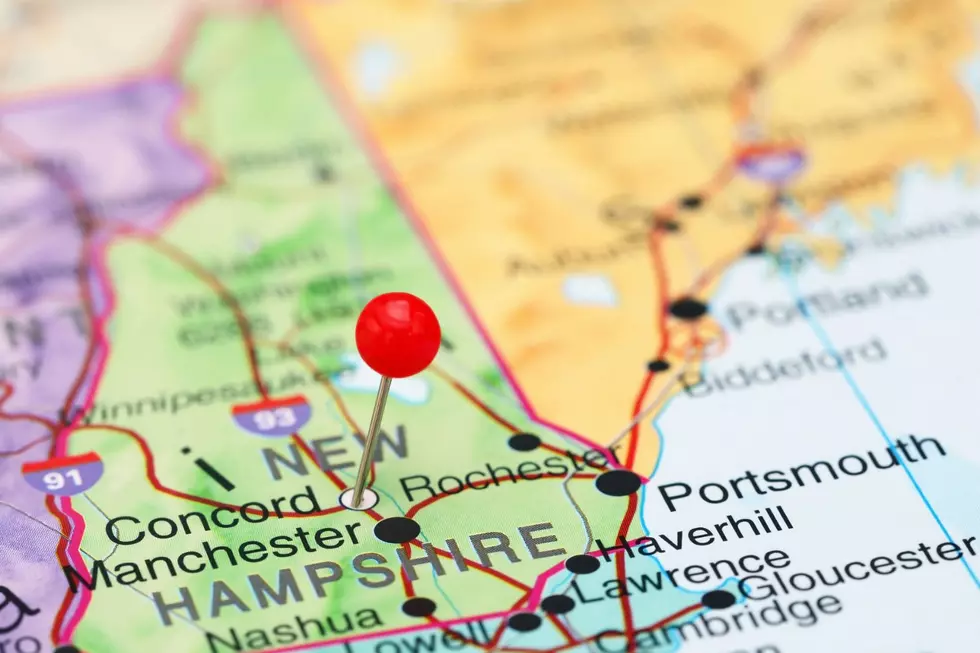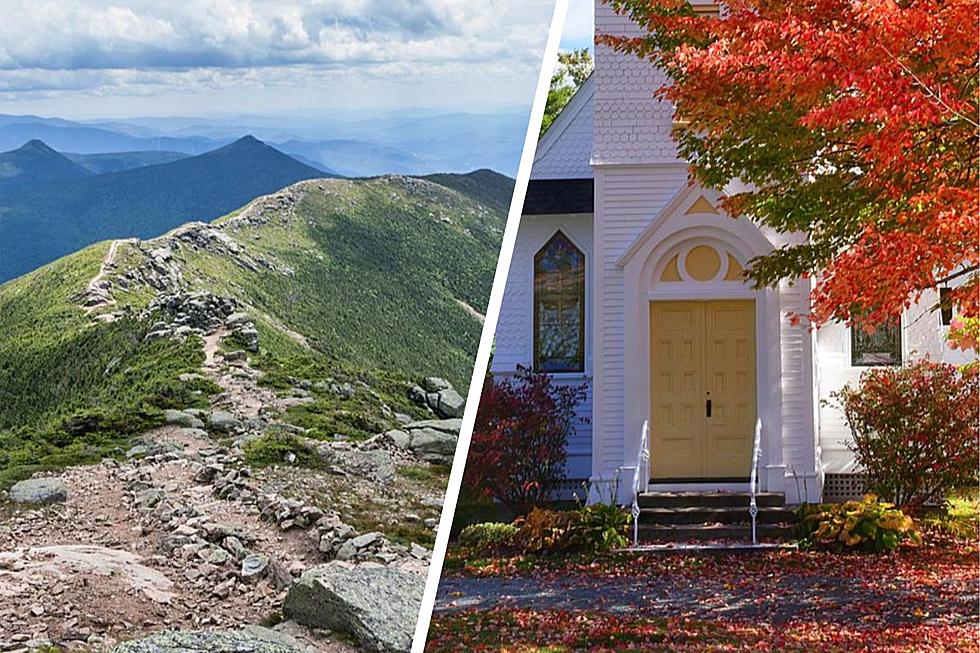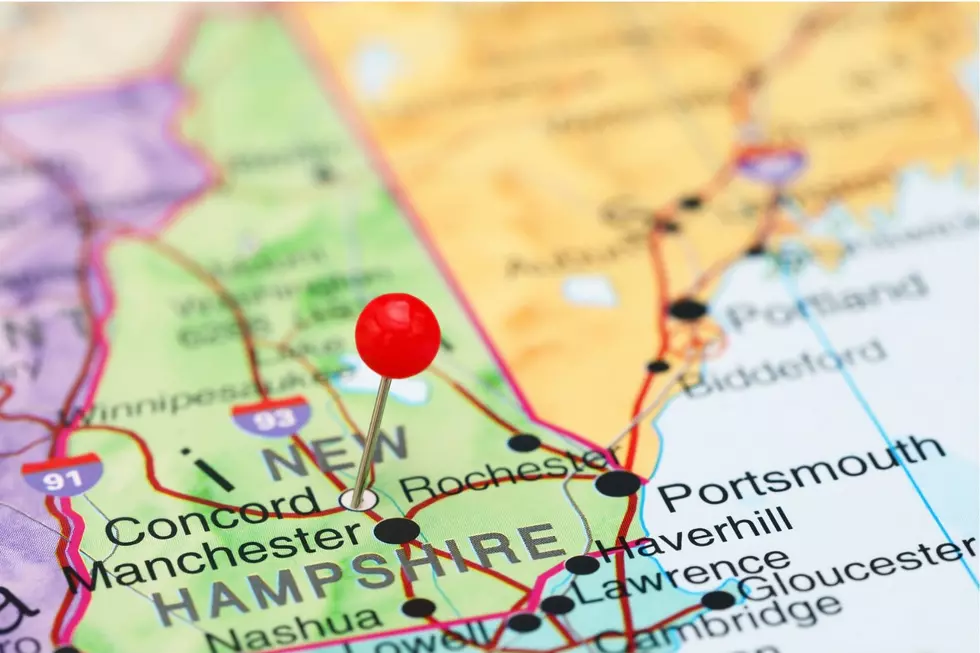
Portland City Council Presses ‘Pause’ On New Airbnb Applications
The new 'sharing economy' sprouting up in the past decade brings citizens to the forefront of offering services to other citizens as opposed to depending on big companies to deliver Think: Lyft, Rover, Etsy, Turo, Airbnb, and other similar services.
Generally, the sharing economy is hugely popular as it both enhances experiences (one-on-one with someone in your community as opposed to a customer service rep who has no personal investment in your experience), creates jobs, and is often cheaper than major companies' equal or lesser offerings.
However, in the case of the hugely popular non-owner-occupied short-term lease rental (think: vrbo, airbnb, homeaway), cities are struggling to find a way to include such an offering without majorly disrupting the current economy. Portland is no different.
On one hand, short term rentals like airbnbs offer less expensive, more personably alternatives to the hundreds of thousands of tourists who flood this town in the summer. It keeps money here in Maine, providing extra income for homeowners who are leasing their units during peak season. On the other hand, some residents argue the rentals cut down on long-term lodging availability, as owners will favor the hugher pay they receive from back-to back visitors as opposed to permanent tenants. This skyrockets prices and pushes residents out of the city limits to find more affordable housing.
For the time being, existing airbnbs and similar short-term rentals are safe; Portland City Council has only paused processing any new requests for non-owner-occupied short-term rentals, regardless of extenuating circumstances, That means that even people who have started renovations on their home with the intention of funding it through short-term rental payments can't apply to turn their apartment into a short-term rental unless they currently occupy it themselves, reports the Press Herald.
More From Q97.9


